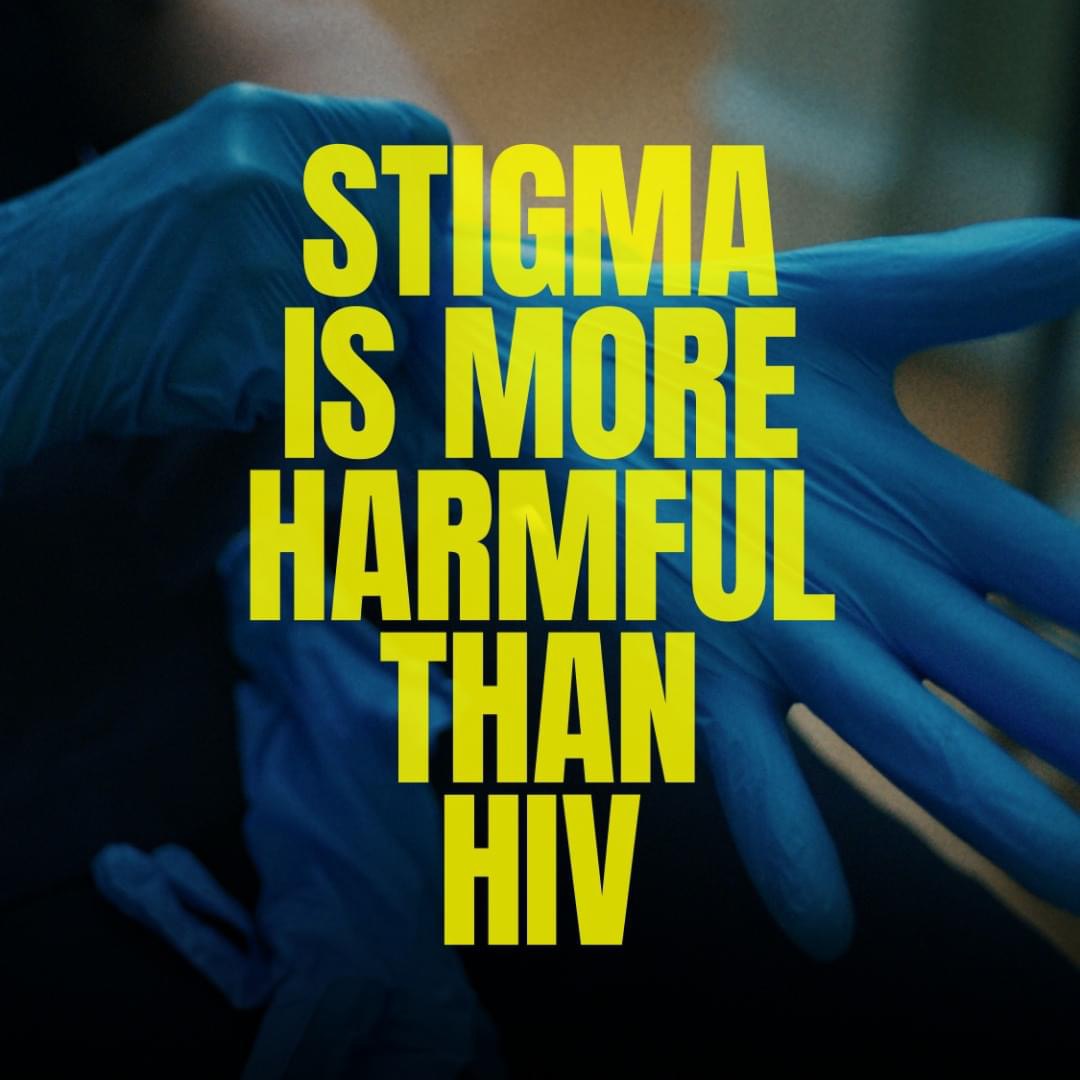Stigma is More Harmful than HIV

Common misconceptions about HIV have a devastating impact on people living with the virus. But HIV is now treatable, and just one pill a day means it can’t be passed on. And if HIV can’t be passed on, we can end new cases in Scotland. Find out more about HIV at www.HIVstigma.scot
The first major new TV advert on HIV to air in Scotland since the UK Government’s ‘Don’t Die of Ignorance’ campaign featuring falling tombstones 40 years ago launched on 16th October.
In 1987 the advert’s message was ‘it’s a deadly disease and there’s no known cure’, while this new campaign explains how an HIV diagnosis has transformed since then by highlighting ‘you can live a healthy, happy life just like anyone else’.
The film is informed by Scottish Government funded research from YouGov into attitudes and beliefs about HIV in Scotland and produced by Terrence Higgins Trust, the UK’s leading HIV and sexual health charity.
The new research released today found worryingly low levels of knowledge about HIV. Just one third (35%) of people in Scotland would be happy to kiss someone living with HIV, despite it being known since the 1980s that HIV can’t be passed on through saliva. The data also shows almost half (46%) of people in Scotland would be ashamed to tell other people they were HIV positive – demonstrating just how stigmatised a condition HIV remains today.
A lack of knowledge about how much progress has been made in the fight against HIV in the last 40 years is also clear in the data, with just a third of Scots aware that people living with HIV and on effective treatment can’t pass it on to partners.
Last year, the number of heterosexuals newly diagnosed with HIV was higher than in gay and bisexual men in Scotland for the first time in 15 years, according to the latest data from Public Health Scotland. Which is why it is important for everyone to know the realities of HIV and remove barriers to getting tested.
The reason why stigma is now more harmful than HIV is because of the huge medical progress in treating HIV. Treatment works by suppressing levels of HIV in the blood to undetectable levels, which means the immune system is protected from damage and HIV cannot be passed on to partners. But a lack of knowledge about this progress fuels stigma, negatively impacts people living with HIV and makes others too scared to get tested.